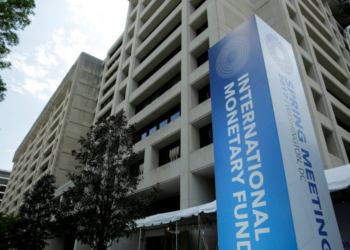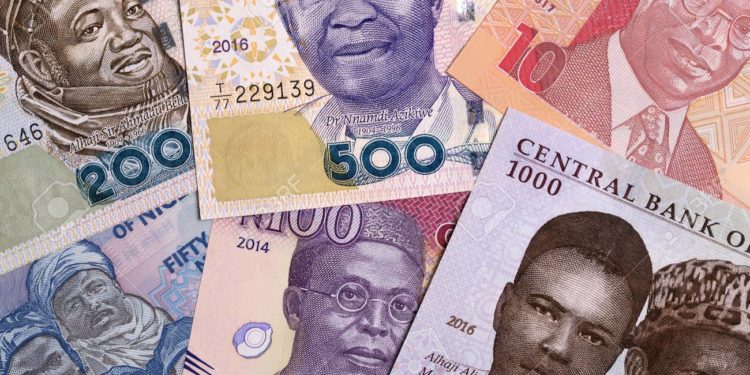The Central Bank of Nigeria (CBN) issued a circular on Monday clarifying how domiciliary accounts will be operated in the country. According to the CBN, domiciliary accounts used to deposits export proceeds (inflow from exports of goods and services from Nigeria) can only be used for business operations.
The directive also allows any extra funds remaining in the domiciliary accounts to be sold in the Investors and Exporters (I&E) Window, suggesting that the CBN is warning exporters not to sell their foreign proceeds in the black market.
This disclosure was made in a circular dated November 30, 2020, issued by CBN to all authorized dealers and the general public and signed by its Director for Trade & Exchange Department, Dr O.S. Nnaji.
On Export Proceeds
‘These accounts will continue to be operated based on existing regulations which allow account holders use of their funds for business operations only, with any extra funds sold in the Investors & Exporters window.’’
On other domiciliary accounts
“Where accounts are funded by electronic/wire transfer, account holders will be allowed unfettered and unrestricted use of these funds for eligible transactions. Where accounts are funded by cash lodgments, the existing regulations will continue to apply.”
The CBN also claimed it was issuing these clarifications in view of its “vastly improved capabilities of the CBN to monitor transactions, forestall money laundering and prevent the adverse effect of dollarization in Nigeria’s economy” which the CBN has frowned upon for years.
The CBN’s statement also alluded to the use of BVN in tracking compliance with its guidelines.
What this means
The latest regulations from the CBN appears to be directed at clarifying widespread information that there are plans for a clampdown of domiciliary accounts.
- For export proceeds, this circular appears to be warning exporters to use their forex proceeds for “legitimate” transactions and sell the rest in the I&E window instead of selling it in the black market.
- On Domiciliary accounts, the CBN is basically saying that inflows through electronic wires will be allowed for use by Nigerians for transactions deemed eligible. This means, if you received a foreign transfer into your account, you can use it to pay for transactions such as e-commerce payments or transfers to anyone at any time.
- However, for dollar cash deposits into your accounts, the central bank is reiterating that there will be restrictions on how that money used such as restricting it from direct transfers or even using it to pay for e-commerce transactions. These rules have existed for some time.
- Currently, a limit of $10,000 applies when you want to utilize foreign currency cash deposits.
- The central bank is basically dissuading the black market purchase of forex by limiting the number of dollars that can be purchased on the streets where forex is sold in the black market. However, the majority of black market transactions, particularly in dollar value are traded using wired transfers.





















I didn’t understand nothing here
Thanks
How would this directive apply to a Gift Draft/Cashier’s U$D Check, sent to me from the US? Can I deposit the check into my dormiciliary Account, to be cleared by my bank, and then released to me for my personal use? Thanks
Does it mean you can’t get a direct deposit from America if you don’t have a domiciliary account
Anonymous kindly send me money abeg mouth dry ooo 0246571606 gtbank
I am worried about a transfer that was made from Germany to a Nigerian Dormicilary acct for a week now it has not been received. Any idea of what I can possibly do?
Hello bro…be sure of the type of domiciliary account you have. If you have a cash deposit dorm account, then you cannot receive money via transfers and you cannot use the cash to transfer funds outside or within.
Regards…
Hello bro…be sure of the type of domiciliary account you have. If you have a cash deposit dorm account, then you cannot receive money via transfers and you cannot use the cash to transfer funds outside or within.
Regards…
Well I have balance of euro on my account can I receive dollar with it?